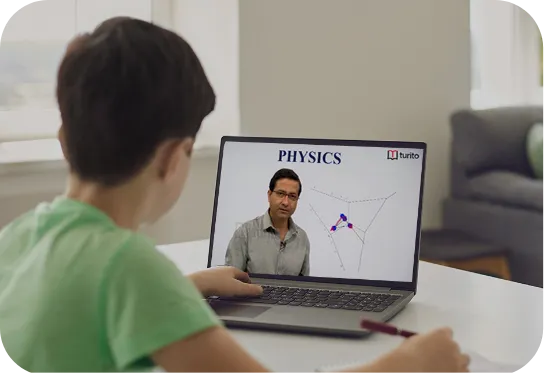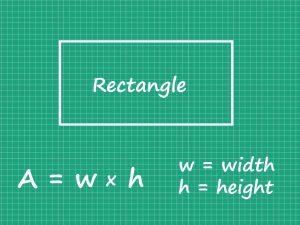Introduction:
Count the numbers from 1 to 10.

Divide the toys into two equal parts.

Here there are 6 toys. Now divide them into two parts.

Divide the toys present in the image into two equal parts.

Here there are 3 combs. Now divide them into two parts.

Here, we cannot divide 3 combs into two equal parts because one comb is left.
Even Numbers:
The numbers that we can divide evenly into two parts are known as even numbers.

The numbers that have 0, 2, 4, 6, and 8 in one place can be considered even numbers.
We can divide even numbers into two equal parts.

Here there are four cubes in the top and, in the bottom, there are four cubes.
4 cubes + 4 cubes = 8 cubes
So, total of 8 cubes are there, and we know that 8 is an even number.
Example:
Write whether the number of objects present in the image is even or odd.

Solution:
There are two objects present in the image. We can divide 2 into two equal parts. So, 2 is even.
Example:
Write whether the number is even or odd.

Solution:
We can divide 12 into two equal parts.
6 + 6 = 12
So, 12 is even.
Example:
Write whether the number of cakes present in the image is even or odd.

Solution:
There are four cakes present in the image. We can divide 4 into two equal parts. So, 4 is even.
Odd Numbers:
The numbers that we cannot share evenly in two parts are known as odd numbers.

Here, we cannot divide 9 slices of pizza into equal two parts. So, 9 is an odd number.
The numbers that have 1, 3, 5, 7, and 9 in one place can be considered odd numbers.
Example:
Write whether the number of objects present in the image is even or odd.

Solution:
Add the cubes to see whether the number is odd or even.
10 cubes + 9 cubes = 19 cubes

We cannot divide 19 into two equal parts. So, 19 is an odd number.
Example:
Count the number of dots present in the below figure and write whether it’s an odd or even number.

Solution:
There are nine objects present in the image. We cannot divide 9 into two equal parts.

So, 9 is an odd number.
Example:
Write whether the number of objects present in the image is even or odd.

Solution:
There are three objects present in the image. We cannot divide 3 into two equal parts. So, 3 is odd.
Example:
Write whether the number of objects present in the image is even or odd.

Solution:
There are seven objects present in the image. We cannot divide 7 into two equal parts. So, 7 is odd.
Example:
Write whether the number is even or odd.

Solution:
We cannot divide 5 into two equal parts. So, 5 is odd.
Exercise:
- Write whether the number is even or odd.

2. Write whether the number of objects present in the image is even or odd.

3. Write whether the number is even or odd.

4. Write whether the number of objects present in the image is even or odd.

5. Write whether the number of objects present in the image is even or odd.

6. Write whether the number is even or odd.

7. Write whether the number of objects present in the image is even or odd.

8. Write whether the number is even or odd.

9. Write whether the number of objects present in the image is even or odd.

10. Write whether the number of objects present in the image is even or odd.


Related topics
Addition and Multiplication Using Counters & Bar-Diagrams
Introduction: We can find the solution to the word problem by solving it. Here, in this topic, we can use 3 methods to find the solution. 1. Add using counters 2. Use factors to get the product 3. Write equations to find the unknown. Addition Equation: 8+8+8 =? Multiplication equation: 3×8=? Example 1: Andrew has […]
Read More >>Dilation: Definitions, Characteristics, and Similarities
Understanding Dilation A dilation is a transformation that produces an image that is of the same shape and different sizes. Dilation that creates a larger image is called enlargement. Describing Dilation Dilation of Scale Factor 2 The following figure undergoes a dilation with a scale factor of 2 giving an image A’ (2, 4), B’ […]
Read More >>How to Write and Interpret Numerical Expressions?
Write numerical expressions What is the Meaning of Numerical Expression? A numerical expression is a combination of numbers and integers using basic operations such as addition, subtraction, multiplication, or division. The word PEMDAS stands for: P → Parentheses E → Exponents M → Multiplication D → Division A → Addition S → Subtraction Some examples […]
Read More >>System of Linear Inequalities and Equations
Introduction: Systems of Linear Inequalities: A system of linear inequalities is a set of two or more linear inequalities in the same variables. The following example illustrates this, y < x + 2…………..Inequality 1 y ≥ 2x − 1…………Inequality 2 Solution of a System of Linear Inequalities: A solution of a system of linear inequalities […]
Read More >>Other topics







Comments: